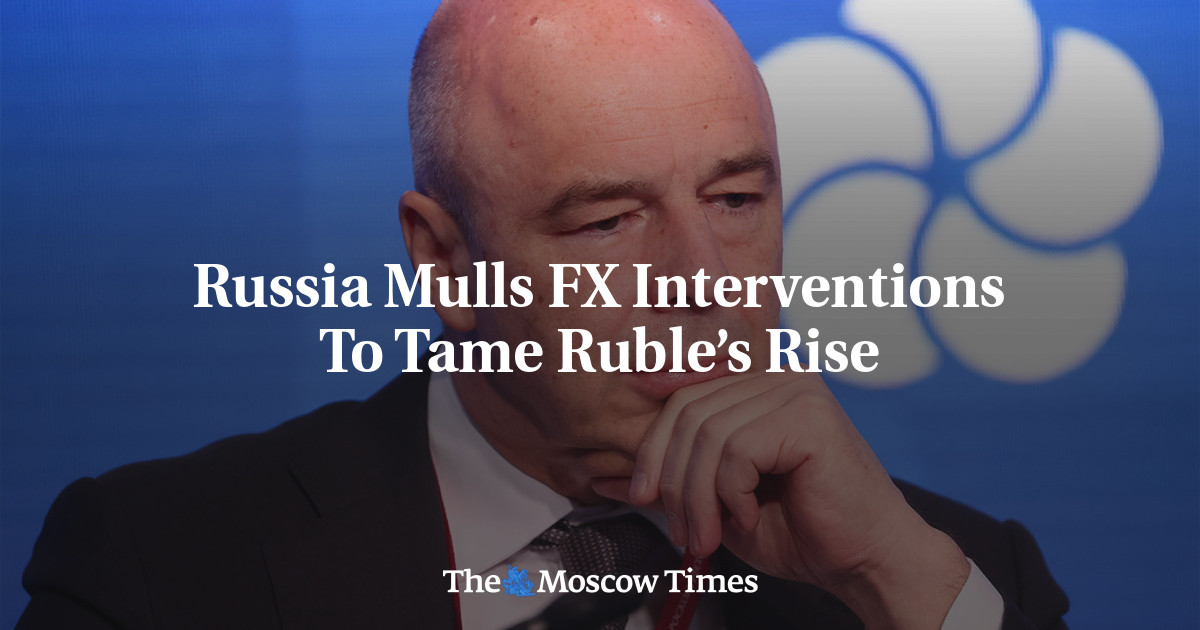
Russia’s finance minister said Wednesday the government could use excess energy revenues for foreign currency interventions to rein in the ruble, which has surged to a seven-year high.
A strong ruble is not desirable for the Russian government, which fears it can hit budget revenues and exports.
Finance Minister Anton Siluanov said Russia was “ready to sacrifice” part of its budget by using excess oil and gas revenue to intervene in the foreign currency market.
“This should affect the exchange rate,” he said, adding it was the measure of last resort.
Energy prices have soared since Russia sent troops into Ukraine on Feb. 24.
Siluanov said the government would discuss the impact of the strong ruble on exporters next week.
“The exchange rate for exporters is now of fundamental importance,” he added.
In recent weeks authorities have taken a number of measures to tame the ruble, which had plunged following sanctions over Russia’s military intervention in Ukraine but has since soared.
After the West imposed the sanctions, financial authorities introduced strict capital controls to boost the economy.
Since then, the Russian currency has staged a spectacular rebound and is now at its strongest since 1985.
Authorities have loosened capital controls and the Central Bank has repeatedly cut its key interest rate, but the Russian currency continues to appreciate.
Russia’s Finance Ministry said in May that domestic companies would have to sell 50% of their foreign currency export earnings, a reduction from 80% earlier.
The currency reached 51 rubles to the dollar on Wednesday.